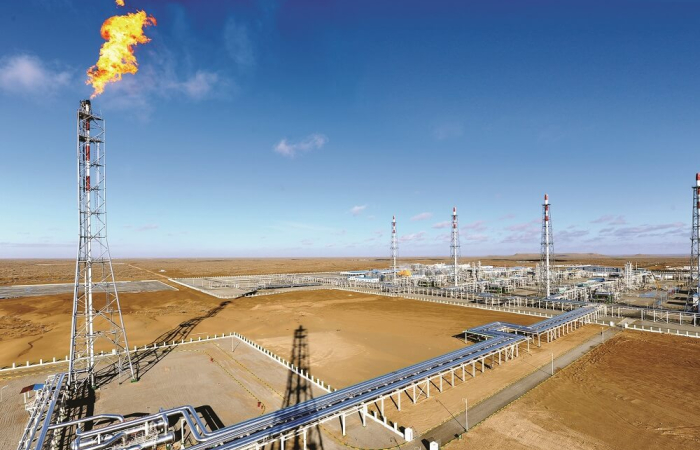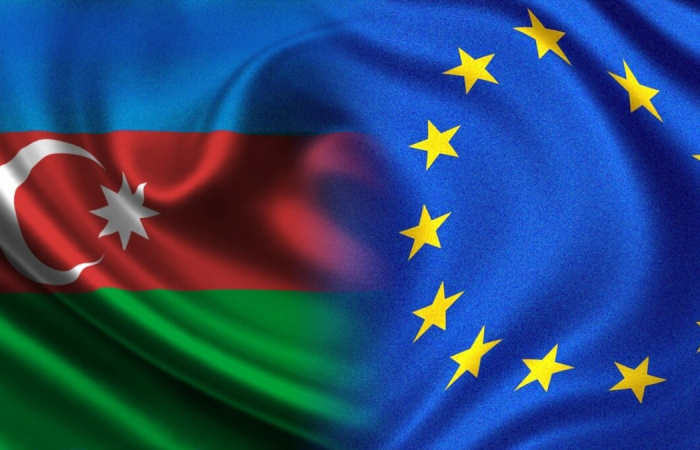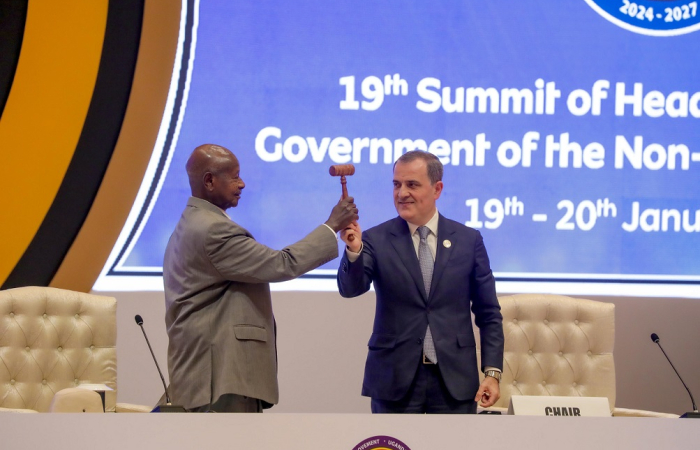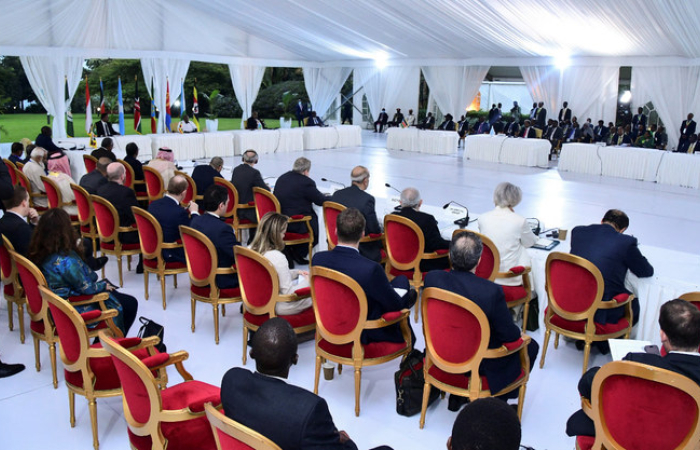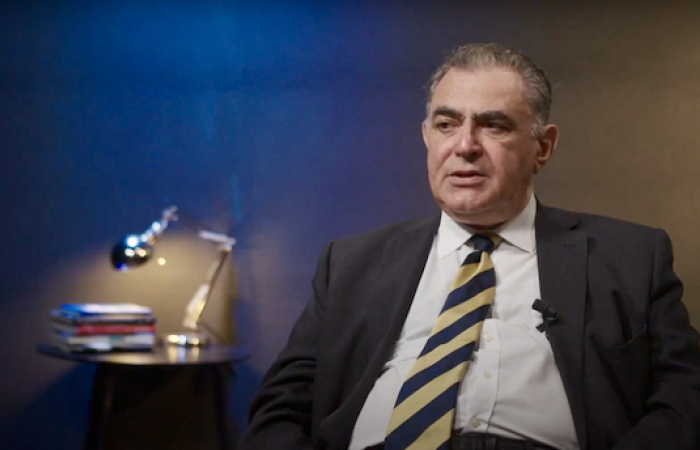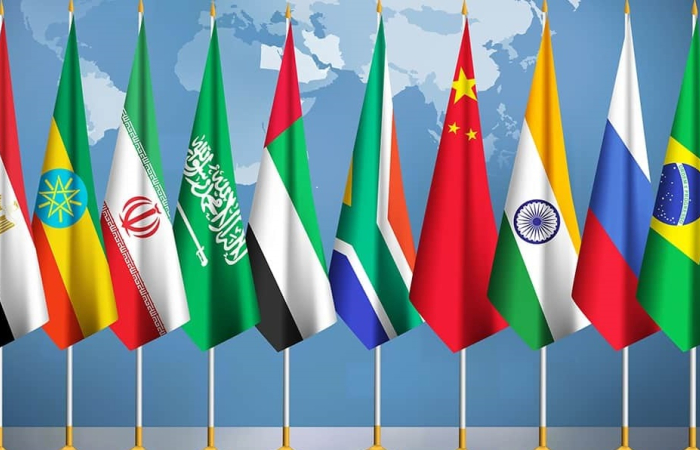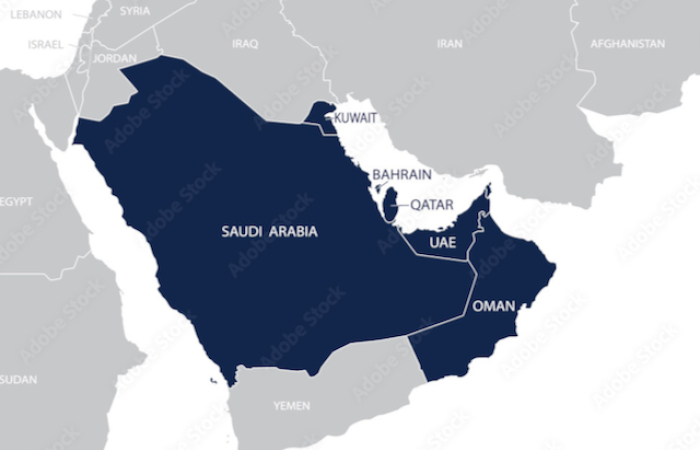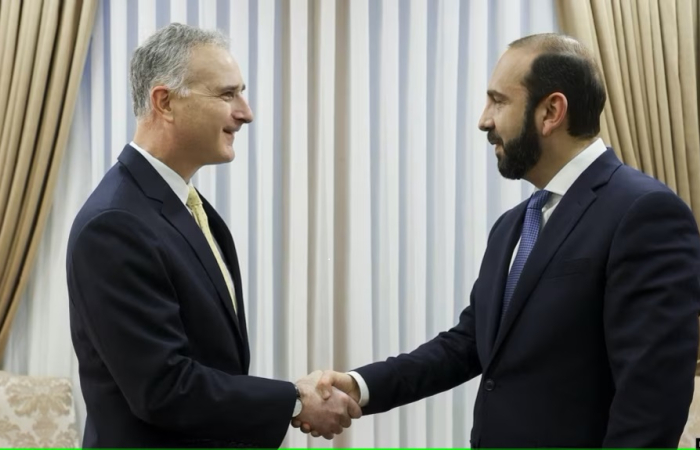Editor's choice
This is a members’ functionality. Please
Sign upNews
Trending
Commentary: encircled by war, violence and turmoil, can the six GCC countries sustain their quest for development?
16 January 2024
The six Gulf monarchies that form the Gulf Co-operation Council (GCC) – Bahrain, Kuwait, Oman, Qatar, Saudi Arabia and the United Arab Emirates – project themselves as islands of peace and stability regardless of their difficult neighbourhood. For some time now their main focus has been the development of their economies – this to ensure that they can maintain their prosperity as the world transits away from hydrocarbon energy resources which up to now has been their main source of income. This they need to do not least to sustain the high standard of living to which their citizens have got used to. Ambitious plans, many costing tens of billions of euros to be implemented, are now in place. Most depend on peace, stability and tranquillity for their success. These attributes are these days in short supply in the wider region in which the GCC countries sit. An unprecedented level of war, crises and turmoil encircles the six countries.
In this commentary commonspace.eu Managing Editor, Dr Dennis Sammut says that questions arise if the Gulf Monarchies have what it takes – not just in financial resources, and those things these resources can buy - but also in terms of wisdom, internal cohesion and strategic depth, to weather the storms of the future. Even if they are able to navigate the geopolitics of the moment, what impact is the tension that surrounds the region having on its domestic politics? Are the grandiose economic plans still viable, or is a more modest approach going to be necessary?





